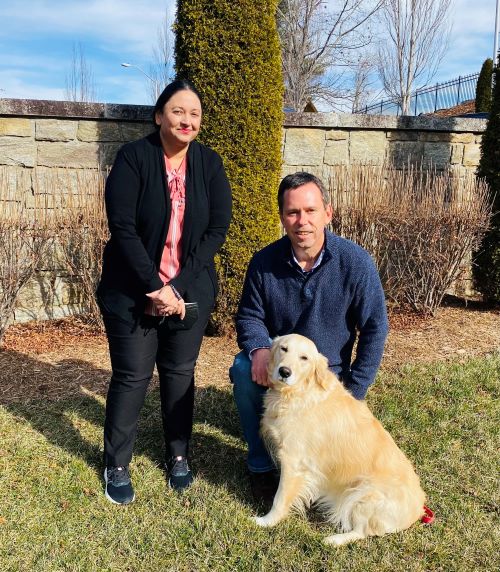Creating Happy Moments at Work: Insights into Happy Brain Chemicals and How to Unlock Them
About the Session
As humans living in our modern fast paced world embedded in productivity and service, we spend a lot of time at our workplace. The average person will eventually spend 90,000 hours at work over their lifetime according to Andrew Naber, (industrial-organizational psychologist and data scientist). Considering that we will spend a significant amount of our time at work, it behooves us to also consider our state of mind, our wellbeing and our emotions. One of the most significant emotions that has been researched and pondered upon has been that of happiness. In this presentation, we will discuss how we can use neuroscience research to inform professionals and departments in student affairs to create more happiness and joy in their workplace. This is most relevant as these professionals dedicate a significant amount of time and effort serving myriads of students and helping them navigate their careers and lives which, in turn, can be very stressful and place demands on the wellbeing of professionals themselves.
In recent times, the study of neuroscience offers some important insights into how we can improve our happiness at our workplace. This presentation will explore and discuss the concept of happiness and how we might be able to intentionally find ways to incorporate it into our daily work lives and our organizations. We will share the insights revealed by neuroscience and explore how four brain chemicals namely Dopamine, Oxytocin, Serotonin and Endorphins play a role in how we experience happiness. According to Loretta Breuning (2016), while one cannot be happy all the time, one can learn when and how to release these happy chemicals and rewrite some pathways by creating new habits. The presenters will invite participants to think about some activities relevant to each of the brain chemicals that may be incorporated into their work lives and help them make a self care plan that fits for them. On a broader scale, presenters will discuss some ways that organizations can invite a culture of joy and happiness thereby advancing the mission of care, engage and transform in our workplace as we continue to strive and dedicate our time to serving others.
Session II, Price Lake, Room 201A, PSU
Learning Outcomes
- Participants will learn about the brain’s happy chemicals, how they work, and how to create workplace moments of happiness.
- Participants will learn about some specific activities that can be incorporated at the workplace as a daily practice to increase happiness and wellbeing.
- Participants will learn to make a self care plan to promote building happy moments throughout our day, whether home or work.
Presenters
Dr. Chris Hogan, Counseling & Psychological Services
[email protected]
Dr. Gayatri Titus, Counseling & Psychological Services
[email protected]
Izzy, Furry Staff Member, Counseling & Psychological Services
